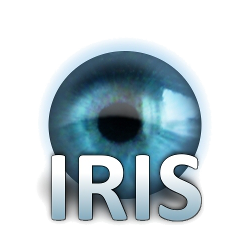Innerhalb meiner Dissertation untersuchte ich die Erfahrungen der Spieler bei ihrer Nutzung von digitalen Interactive Storytelling Applications. Interactive Storytelling ist eine vielversprechende neue Technologie am Schnittpunkt zwischen verschiedenen Medien, Forschungsfeldern und neuen Technologien wie Künstliche Intelligenz und Virtuelle Realität. Das Konzept des Interactive Storytelling folgt der Vision, die Erfahrung von Narrationen wahrhaftig interaktiv zu gestalten, indem Nutzer bedeutsame Entscheidungen treffen können, z.B. das Schicksal von Charakteren zu beeinflussen und so eine Geschichte mitzuerfinden.
In weiteren Projekten beschäftige ich mich mit dem Unterhaltungserleben von Virtual Reality und digitalen Spielen ohne Fokus auf Narration.
Im Rahmen meiner ehrenamtlichen Arbeit für das researching games BarCamp ermögliche ich Experten und Nachwuchsforschern, sich austauschen.

 Deutsch
Deutsch English
English


